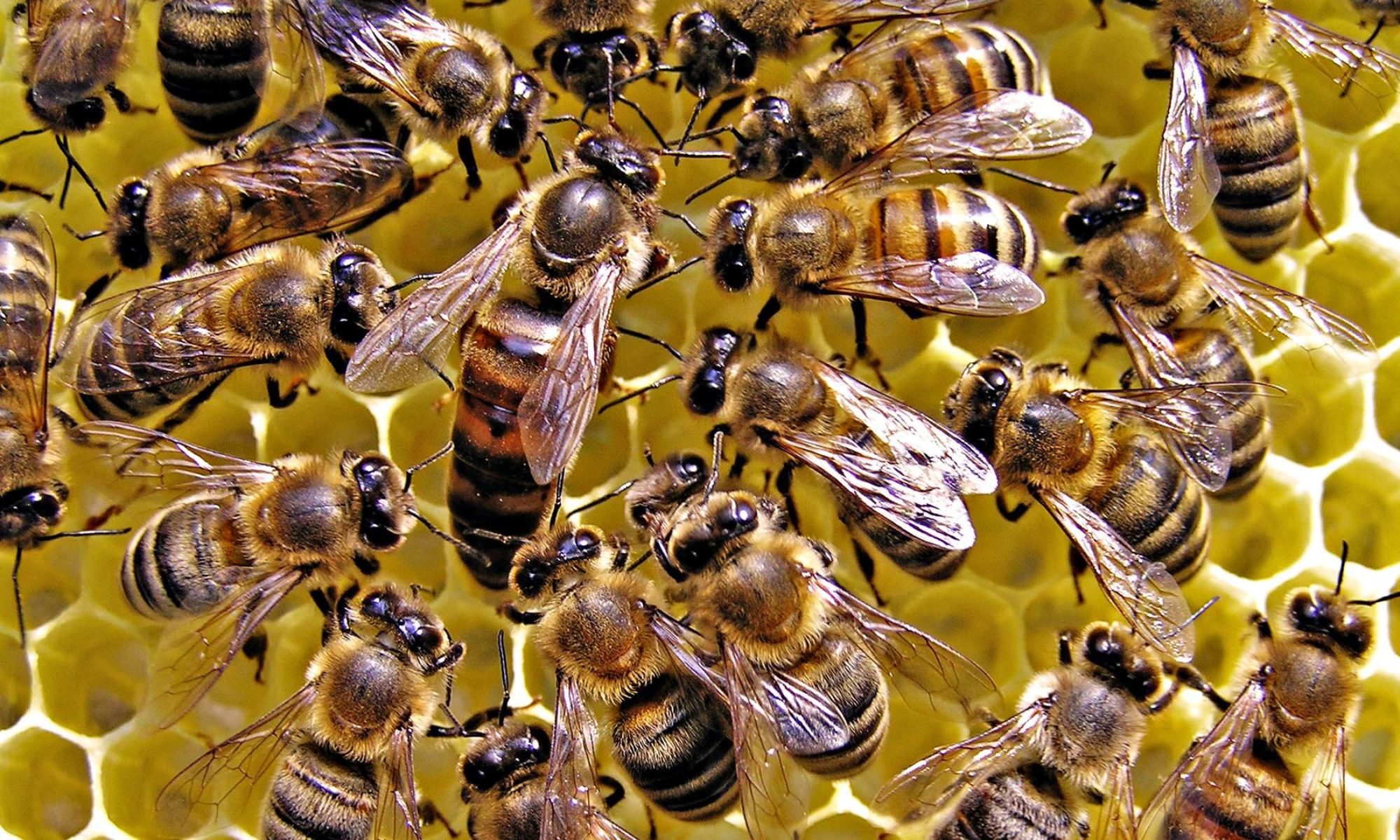Most organisms perform many tasks in their lifetime. The more independent the species is, the more tasks they must perform each day. On the other hand, if the species relies more and more heavily on each other rather than their own individual ability, tasks are handed out generously — much like employees in a large corporation, potentially requiring many hands for a single task.
This is how eusocial (colony-forming) insects operate: having hundreds upon hundreds of ants performing a single task. In most cases, the older members of the colony will travel outside the nest, looking for food or disposing of waste products, while the younger members typically remain inside the safety of the nest. This method ensures that the younger generation will be able to replace the older generation when the older members have died of old age or from predators. If the younger generation is killed from going outside, there would be a drop in population as the older generation dies of age with no replacements.
In a sense, these insects have formed a caste system based on age where younger insects perform safer tasks and older insects perform must more dangerous tasks. In ants and termites, the larger ones perform guard duty, protecting the valuable queen and brood/larvae as well as their fellow workers.
